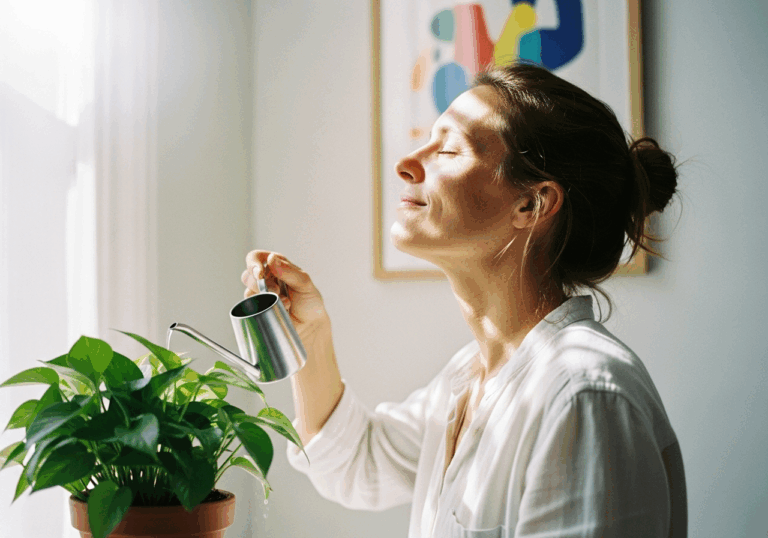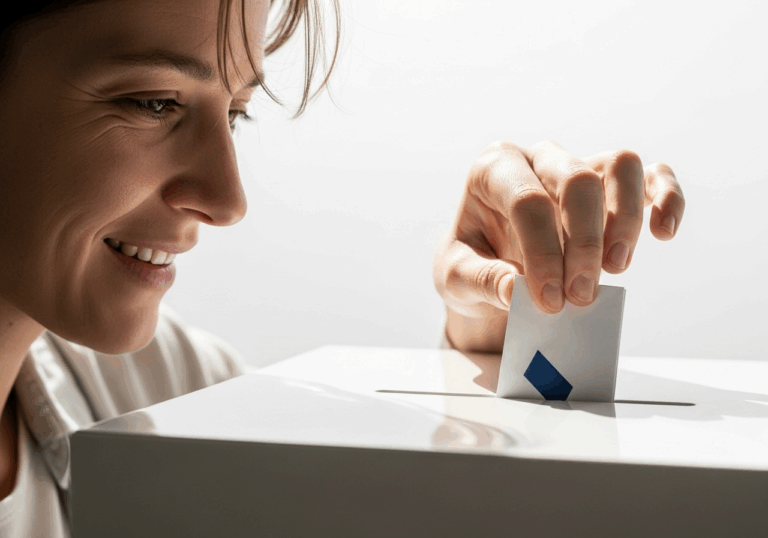Science-Backed Tips
Smartphone Overuse Linked to Student Anxiety
Reducing smartphone use can improve student mood by 30%.
📊 Did you know?
💡 Why It Matters
1️⃣
High smartphone usage is correlated with a 0.5 GPA decrease among students.
2️⃣
Students with high phone usage report 40% higher anxiety levels compared to their peers.
3️⃣
Reducing screen time can lead to improved academic performance and overall wellbeing.
✅ Try These Micro-Tips
🎯
Limit smartphone usage to 1 hour per day for better mental health.
🎯
Engage in 30 minutes of outdoor activity daily to reduce anxiety.
🎯
Practice digital detox by turning off notifications for 24 hours.
🎯
Schedule 15-minute breaks from screens every hour during study sessions.
📚 The study
A comprehensive review of multiple studies reveals alarming correlations: students who excessively use their smartphones tend to experience a significant decline in their academic performance, with an average GPA drop of 0.5 points.
Moreover, these students report anxiety levels that are 40% higher than their peers, leading to a diminished sense of life satisfaction.
This phenomenon, often referred to as ‘nomophobia’—the fear of being without a mobile phone—highlights the urgent need to address digital dependency among students.
By recognizing the detrimental effects of excessive screen time, we can encourage healthier habits that not only improve academic outcomes but also enhance overall wellbeing.
Reducing smartphone usage can alleviate feelings of FOMO (fear of missing out) and stress, ultimately fostering a more positive mood and a more fulfilling life.
As we navigate this digital landscape, it is crucial to promote awareness and strategies that support students in managing their screen time effectively, paving the way for a brighter, healthier future.
❓ Frequently Asked Questions ❓
Learn more
How does smartphone usage affect student mental health?
High smartphone usage is correlated with increased anxiety and lower life satisfaction among students. This overuse can lead to a decrease in academic performance and overall well-being.
What is the relationship between smartphone usage and GPA?
Studies show that high smartphone usage is associated with a 0.5 GPA decrease among students. This suggests that excessive screen time may negatively impact academic performance.
How much higher is anxiety in students with high smartphone usage?
Students who frequently use smartphones report anxiety levels that are 40% higher than their peers. This indicates a significant link between digital dependency and mental health issues.
What are the benefits of reducing smartphone usage?
Reducing smartphone usage can lead to improved mood and lower anxiety levels. It also promotes better academic performance and overall well-being.
How much should students limit their smartphone usage for better mental health?
It is recommended that students limit their smartphone usage to 1 hour per day. This can help reduce anxiety and improve life satisfaction.
What outdoor activities can help reduce anxiety?
Engaging in 30 minutes of outdoor activity daily can significantly help reduce anxiety levels. Activities like walking, jogging, or playing sports are beneficial.
What is a digital detox and how can it help?
A digital detox involves turning off notifications and taking a break from screens for a set period, such as 24 hours. This practice can help alleviate stress and improve mental clarity.
How can students manage screen time during study sessions?
Students can manage screen time by scheduling 15-minute breaks from screens every hour during study sessions. This approach helps maintain focus and reduces mental fatigue.
What is the impact of reducing smartphone use by 30 minutes daily?
Reducing smartphone use by just 30 minutes daily can lead to a 20% decrease in anxiety levels among students. This small change can have a significant positive impact on mental health.
Why is it important to identify digital dependency in students?
Identifying digital dependency is crucial as it supports mood improvement and encourages healthier screen habits. Recognizing this issue can lead to better mental health outcomes for students.





